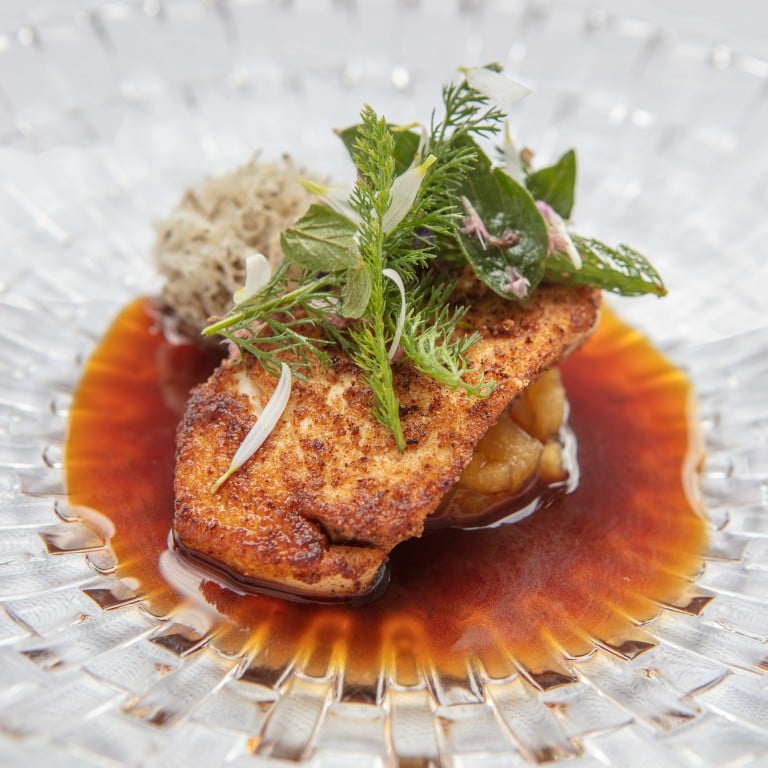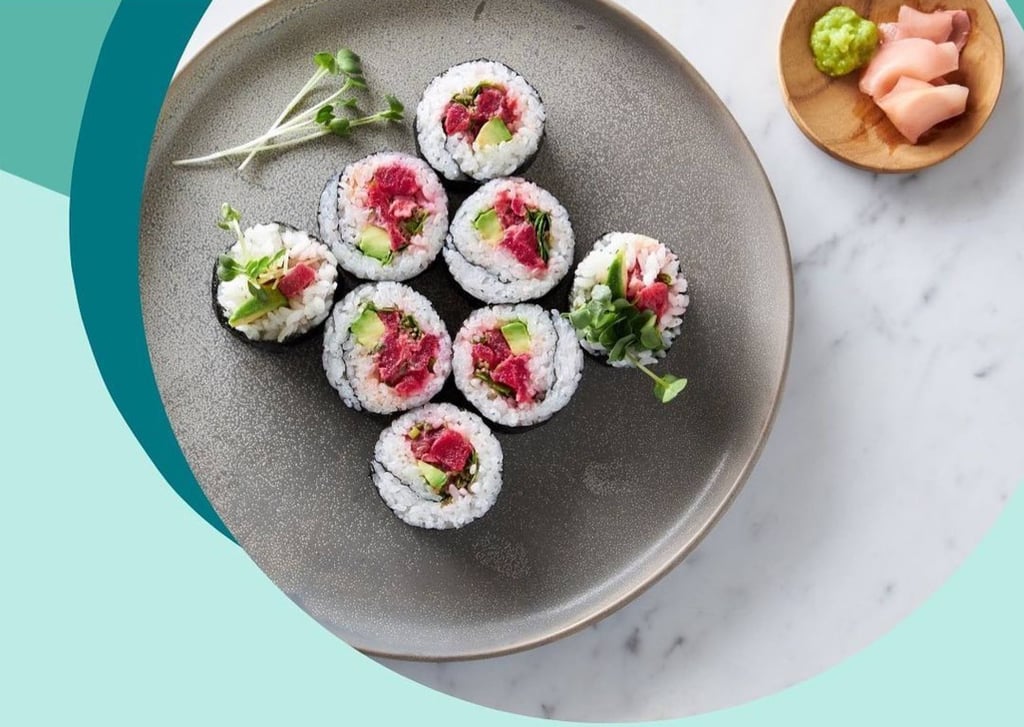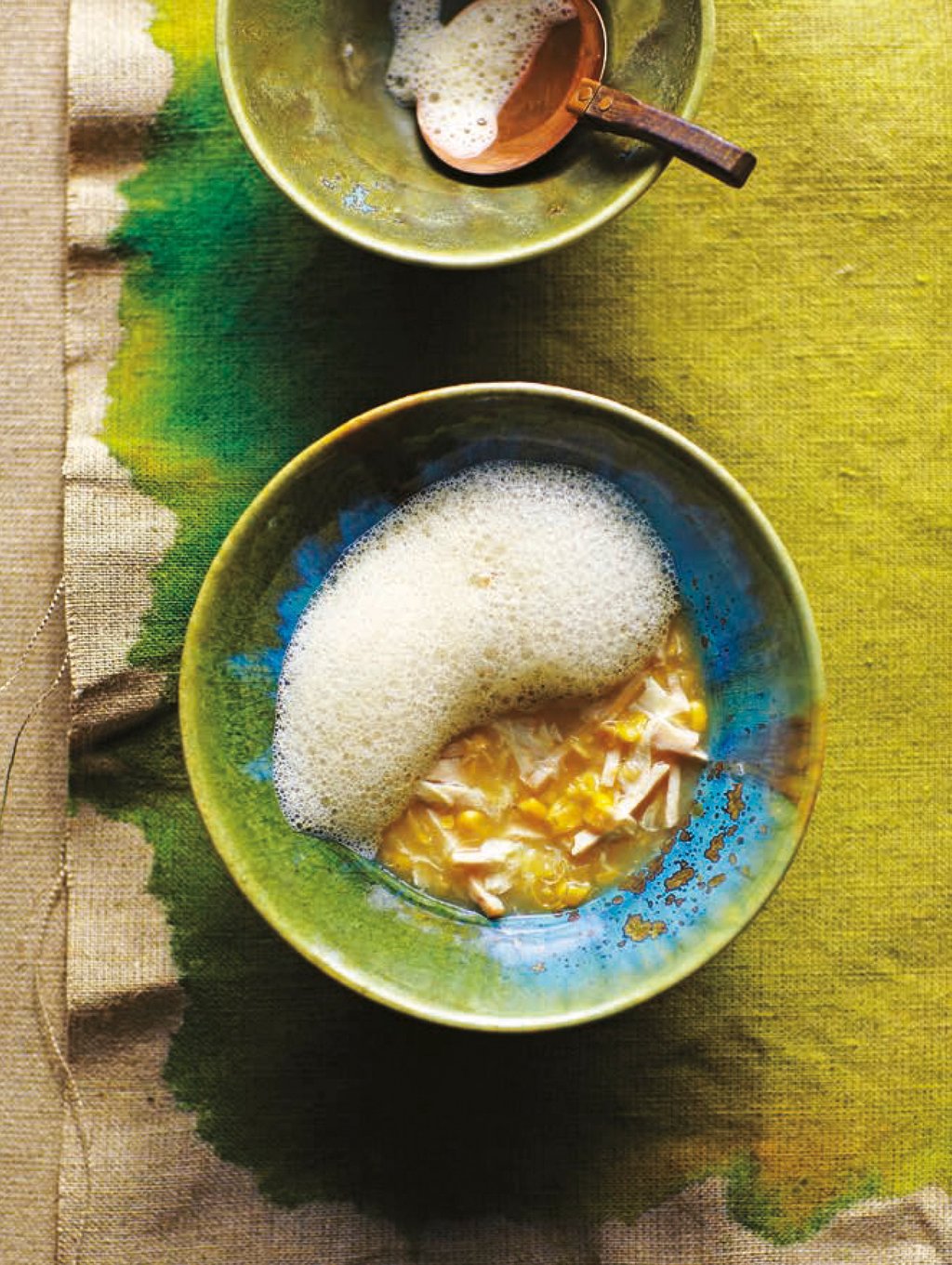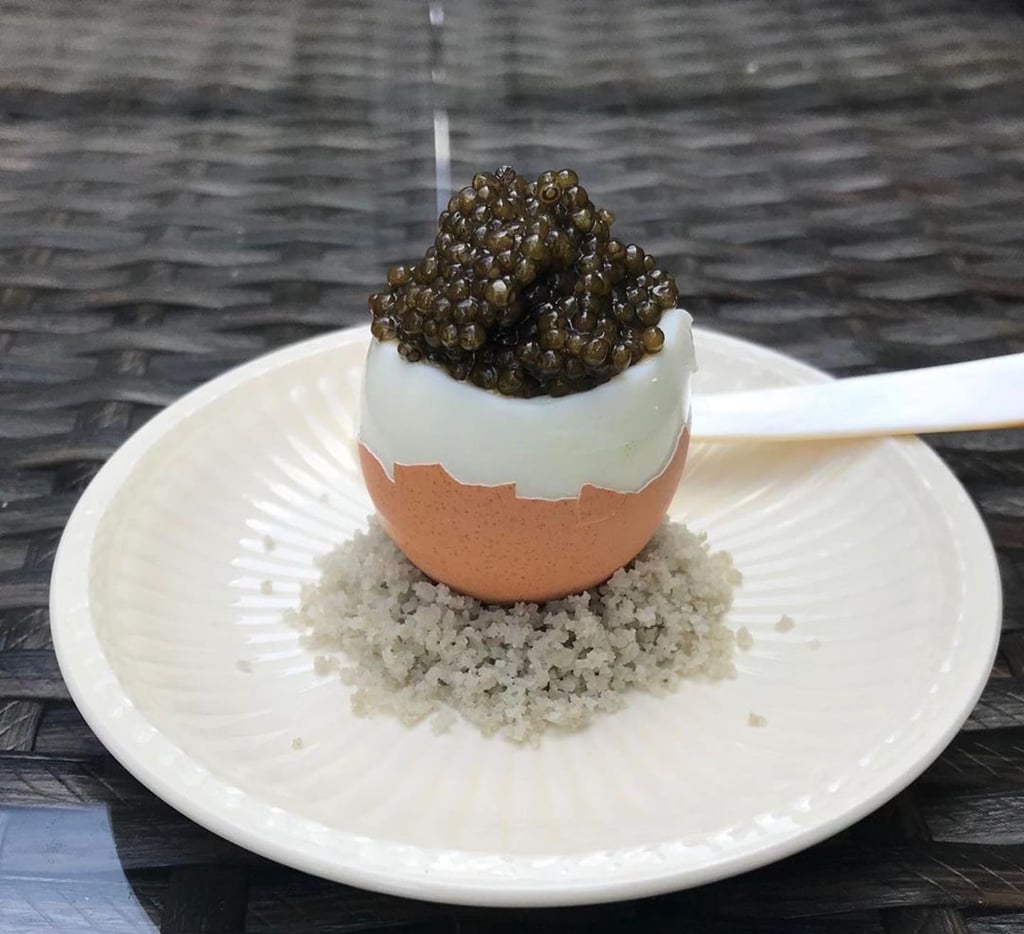Lab-grown caviar and foie gras? Why premium cell-cultured meats are set to be biotech’s newest gold mine: in 2023, focus is shifting to luxury consumers with an appetite for cruelty-free proteins

- Companies are racing to stock lab-grown meat in supermarkets, but it’s an expensive endeavour, so some entrepreneurs see more potential in lab-grown luxury products where you can charge a premium
- Vow Food created a lab-grown protein called Morsel, which costs US$300 a pound, while SuperMeat, Upside Foods, Aleph Farms and Finless Foods also promise to bring cruelty-free protein to the table
The race is on to be the first company to sell lab-grown meat in a supermarket: Israel’s SuperMeat is working on lab-grown poultry, as is Upside Foods in Tennessee. A rival Israeli firm, Aleph Farms, has doubled down on cell-cultured steak and Finless Foods in California is working on animal-free tuna.
They all promise to bring cruelty-free protein to the table in the next few years. Yet each futuristic firm is following the same strategy that’s likely to stumble for one crucial reason: money.

The economics of creating lab-grown meat makes mass-market products unviable: put simply, it’s too pricey for even the pickiest eco-minded consumer when compared with its natural counterpart.
As a result, some industry experts said they saw more potential in a different market: premium products like caviar or foie gras that can sell at a hefty price without consumers batting an eyelash.
“It’s obvious to me that we need to create something that’s small volume and high value if we want to achieve profitability out of the gate,” Isha Datar, the executive director of New Harvest, a non-profit focused on the cultured-meat industry, said.

